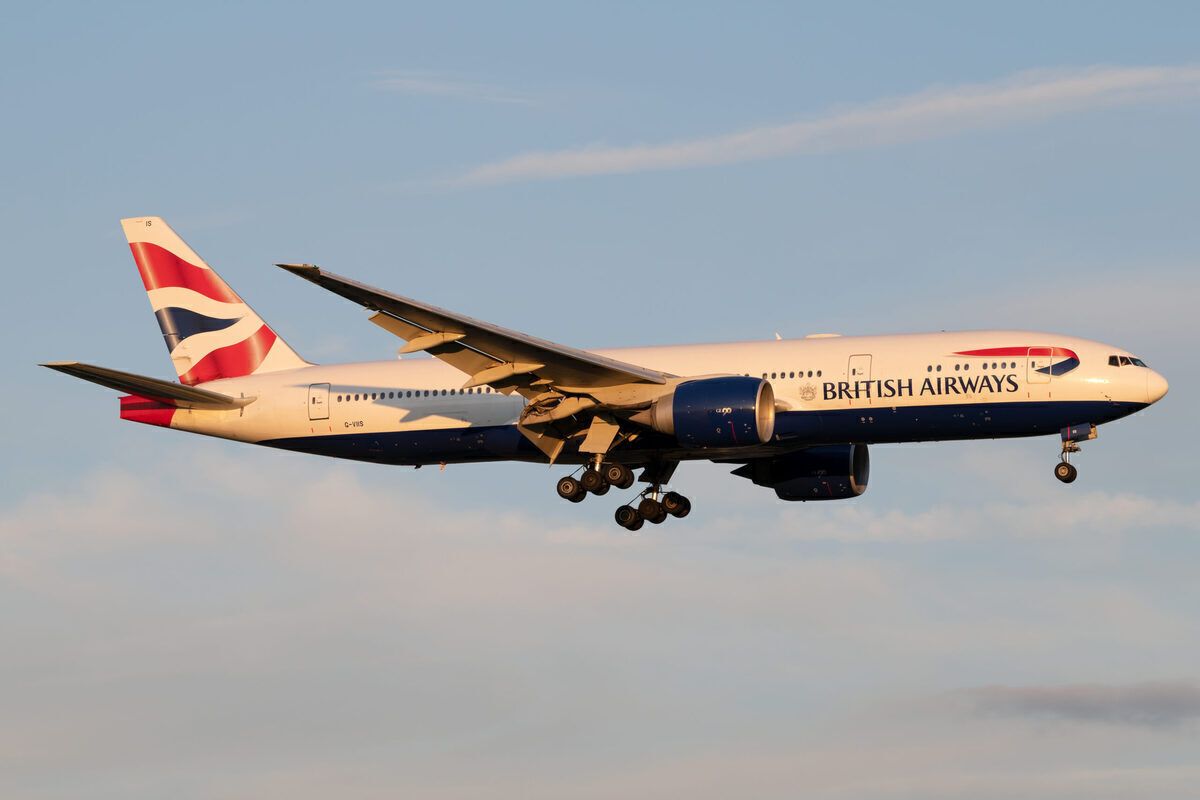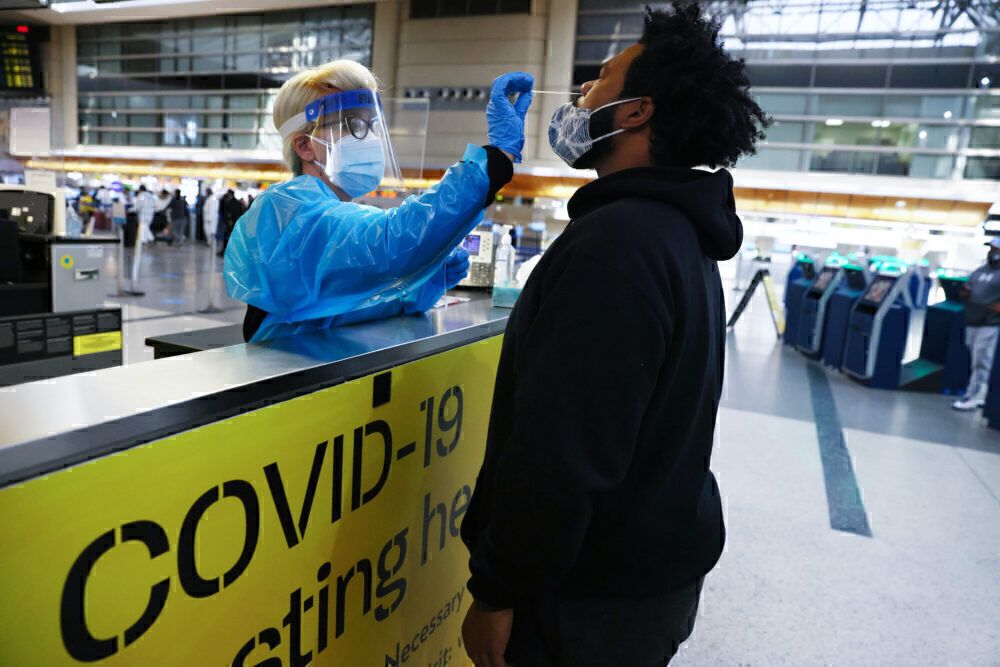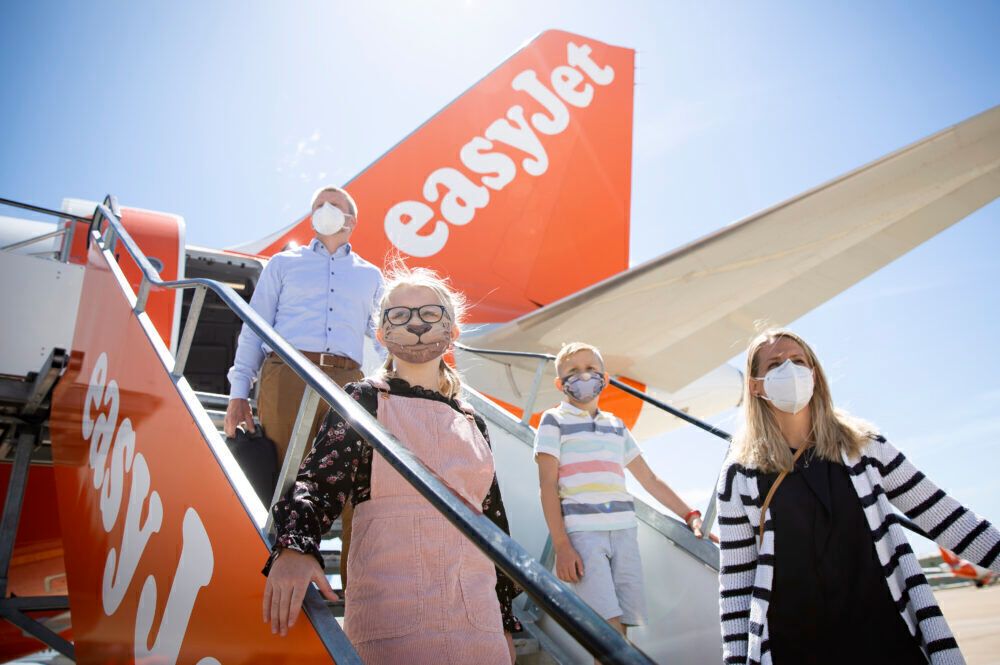Several countries have imposed stricter travel requirements on arrivals from the UK in response to surging cases of the Delta variant of COVID. Hong Kong has banned passenger flights entirely, while Italy and Portugal have implemented a two-week quarantine obligation. France and Germany are pressing for similar restrictions.
Hong Kong bans passenger flights
Hong Kong has announced today that it will ban all passenger flights from the UK starting this Thursday, July 1st. The city has put the UK on its ‘extremely high risk’ for COVID-19, as cases of the Delta variant first identified in India continue to surge. In a statement, the Hong Kong authorities said,
“The recent rebound of the epidemic situation in the UK and the widespread Delta variant virus strain there, coupled with a number of cases with L452R mutant virus strains detected by tests from people arriving from the UK.”
This is the second time that Hong Kong has banned arrivals from the UK. Previously, a ban was in force from December last year until May. Eyewitnesses in Hong Kong noted departure queues for UK flights were packed, while the arrivals hall lay empty.
As well as banning UK residents from traveling to Hong Kong, anyone who has been in the UK for more than two hours will not be permitted to board flights to the city. This could have a significant impact on connecting passengers from other parts of Europe and further afield.
Stay informed: Sign up for our daily and weekly aviation news digests.
Portugal and Italy impose quarantine
Passengers booked to travel to Portugal will now have to quarantine for 14 days unless they were fully vaccinated before travel. Fully vaccinated means having both jabs, which has to be completed at least two weeks before arriving in the country.
The rule came into effect as of midnight today, and applies until at least July 11th. As well as proving vaccination status, which can be obtained through the NHS Covid Pass two weeks after the second dose, arrivals will have to have a PCR test within 72 hours of departure and be temperature checked on arrival.
Passenger locator forms are still required, and additional forms are required for travel to Madeira or the Azores. Portugal remains on the UK’s amber list, meaning 10-day quarantine on return and PCR tests on day two and day eight. Madeira is a ‘green’ destination currently, so only one PCR test on return is required.
Italy has implemented a similar requirement, which came into effect on Monday, June 21st. Travelers who have been in the UK in the two weeks preceding arrival in Italy, regardless of nationality, will be required to take two COVID tests and to isolate for five days.
France and Germany push for the same
German Chancellor Angela Merkel and French President Emmanuel Macron are set to attend a meeting this week regarding access to their nations for travelers from the UK. Both are expected to present evidence supporting a quarantine requirement for arrivals from the UK.
Germany is already mandating quarantine, but the meeting later this week could see exemptions being brought in for those already double-jabbed. For those without full protection, the quarantine period could be enhanced.
Last week’s green list announcement saw the popular Balearic Islands added to the ‘safe travel’ list. However, the move to facilitate travel to the islands is not to be reciprocated by Spain. Although the country is keen to welcome tourists and their wallets back, concerns about the Delta variant means Spain is demanding either full vaccination or a negative PCR test to be taken on arrival.
The World Health Organisation has said that the Delta variant is the ‘most transmissible’ of all mutations to date. It appears to be spreading rapidly among the unvaccinated, with the UK recording more than 18,000 new infections on Saturday, the highest number since February.



